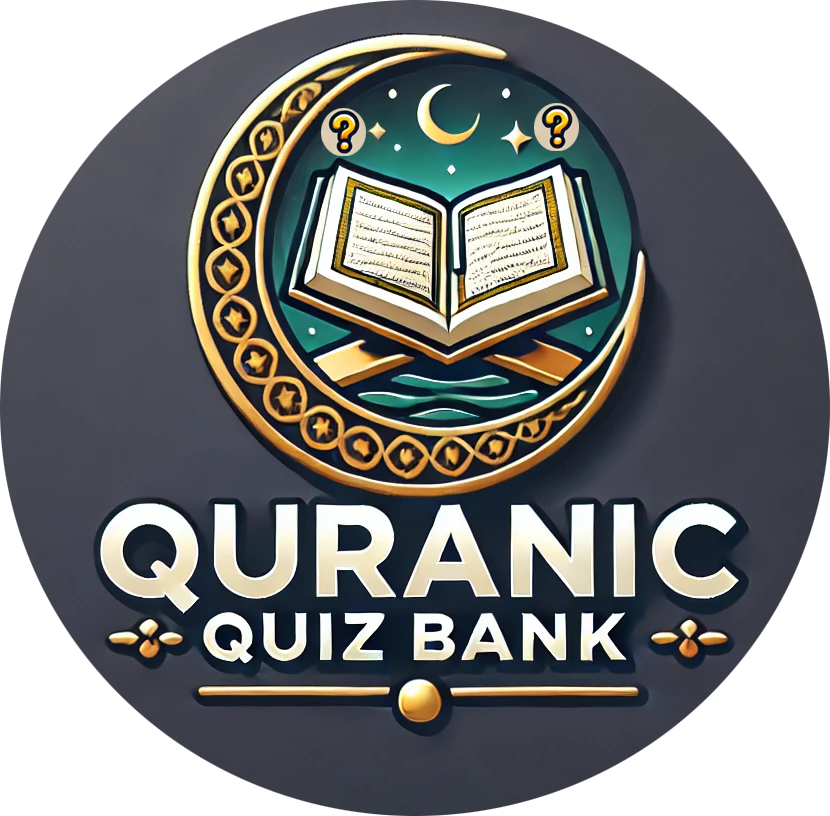Sorry, this is incorrect.
The correct answer is : The All Sustainer .
Ref: Surah Al-Baqarah (2:255)
Arabic:
ٱللَّهُ لَآ إِلَـٰهَ إِلَّا هُوَ ٱلۡحَيُّ ٱلۡقَيُّومُۚ لَا تَأۡخُذُهُۥ سِنَةٌۭ وَلَا نَوۡمٌۭۚ لَّهُۥ مَا فِي ٱلسَّمَـٰوَٰتِ وَمَا فِي ٱلۡأَرۡضِۗ مَن ذَا ٱلَّذِي يَشۡفَعُ عِندَهُۥٓ إِلَّا بِإِذۡنِهِۦۚ يَعۡلَمُ مَا بَيۡنَ أَيۡدِيهِمۡ وَمَا خَلۡفَهُمۡۖ وَلَا يُحِيطُونَ بِشَيۡء مِّنۡ عِلۡمِهِۦٓ إِلَّا بِمَا شَآءَۚ وَسِعَ كُرۡسِيُّهُ ٱلسَّمَـٰوَٰتِ وَٱلۡأَرۡضَۖ وَلَا يَـُٔودُهُۥ حِفۡظُهُمَاۚ وَهُوَ ٱلۡعَلِيُّ ٱلۡعَظِيمُ
Translation:
"Allah! There is no deity except Him, the Ever-Living, the Sustainer of [all] existence. Neither drowsiness overtakes Him nor sleep. To Him belongs whatever is in the heavens and whatever is on the earth. Who is it that can intercede with Him except by His permission? He knows what is [presently] before them and what will be after them, and they encompass not a thing of His knowledge except for what He wills. His Kursi extends over the heavens and the earth, and their preservation tires Him not. And He is the Most High, the Most Great."
Tafseer / Explanation:
- Affirmation of Allah's Oneness: The verse establishes Tawheed (monotheism), emphasizing that no one deserves worship except Allah.
- Attributes of Allah: Allah is Ever-Living (Al-Hayy) and Sustainer (Al-Qayyum), highlighting His eternal existence and His role in sustaining all creation.
- Infinite Knowledge and Power: Allah’s knowledge encompasses all that has happened, is happening, and will happen, while His power ensures the heavens and the earth remain intact effortlessly.
- Kursi (Throne): The mention of His Kursi symbolizes His vast authority and dominion over all creation.
- Supreme Sovereignty: The verse emphasizes Allah’s transcendence above all weaknesses, such as fatigue or sleep, and asserts that He alone holds ultimate greatness and control.
Correct.
Ref: Surah Al-Baqarah (2:255)
Arabic:
ٱللَّهُ لَآ إِلَـٰهَ إِلَّا هُوَ ٱلۡحَيُّ ٱلۡقَيُّومُۚ لَا تَأۡخُذُهُۥ سِنَةٌۭ وَلَا نَوۡمٌۭۚ لَّهُۥ مَا فِي ٱلسَّمَـٰوَٰتِ وَمَا فِي ٱلۡأَرۡضِۗ مَن ذَا ٱلَّذِي يَشۡفَعُ عِندَهُۥٓ إِلَّا بِإِذۡنِهِۦۚ يَعۡلَمُ مَا بَيۡنَ أَيۡدِيهِمۡ وَمَا خَلۡفَهُمۡۖ وَلَا يُحِيطُونَ بِشَيۡء مِّنۡ عِلۡمِهِۦٓ إِلَّا بِمَا شَآءَۚ وَسِعَ كُرۡسِيُّهُ ٱلسَّمَـٰوَٰتِ وَٱلۡأَرۡضَۖ وَلَا يَـُٔودُهُۥ حِفۡظُهُمَاۚ وَهُوَ ٱلۡعَلِيُّ ٱلۡعَظِيمُ
Translation:
"Allah! There is no deity except Him, the Ever-Living, the Sustainer of [all] existence. Neither drowsiness overtakes Him nor sleep. To Him belongs whatever is in the heavens and whatever is on the earth. Who is it that can intercede with Him except by His permission? He knows what is [presently] before them and what will be after them, and they encompass not a thing of His knowledge except for what He wills. His Kursi extends over the heavens and the earth, and their preservation tires Him not. And He is the Most High, the Most Great."
Tafseer / Explanation:
- Affirmation of Allah's Oneness: The verse establishes Tawheed (monotheism), emphasizing that no one deserves worship except Allah.
- Attributes of Allah: Allah is Ever-Living (Al-Hayy) and Sustainer (Al-Qayyum), highlighting His eternal existence and His role in sustaining all creation.
- Infinite Knowledge and Power: Allah’s knowledge encompasses all that has happened, is happening, and will happen, while His power ensures the heavens and the earth remain intact effortlessly.
- Kursi (Throne): The mention of His Kursi symbolizes His vast authority and dominion over all creation.
- Supreme Sovereignty: The verse emphasizes Allah’s transcendence above all weaknesses, such as fatigue or sleep, and asserts that He alone holds ultimate greatness and control.
